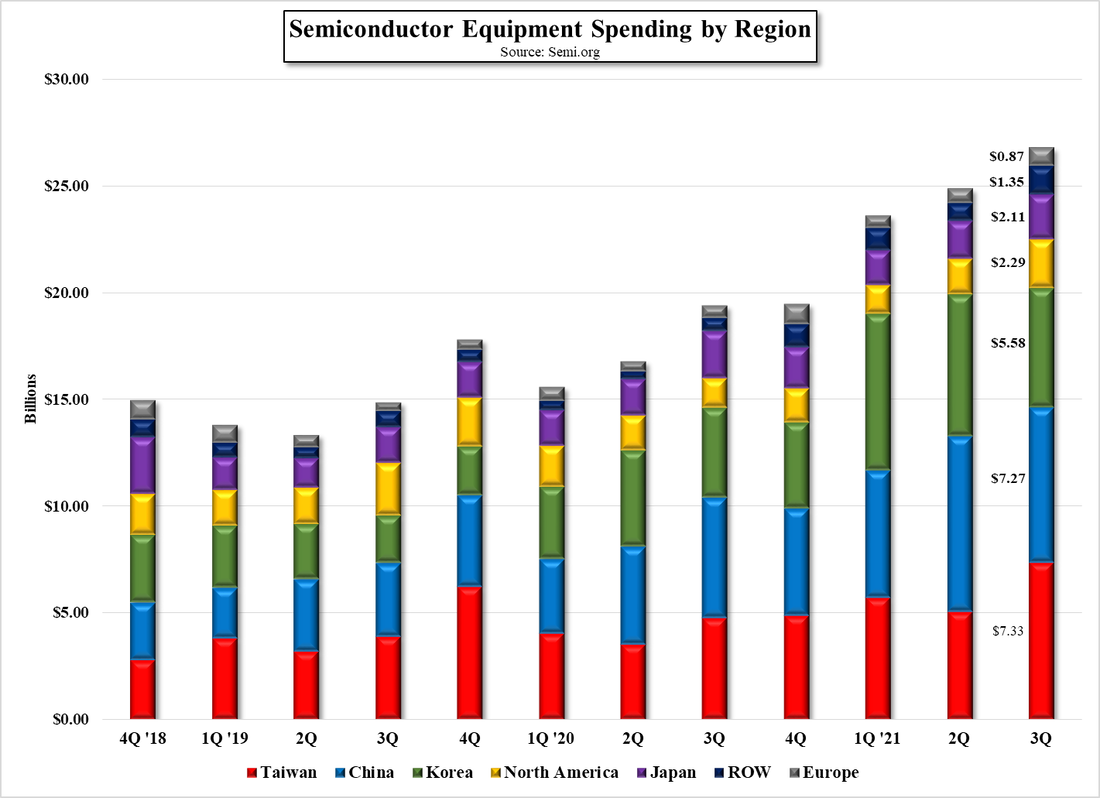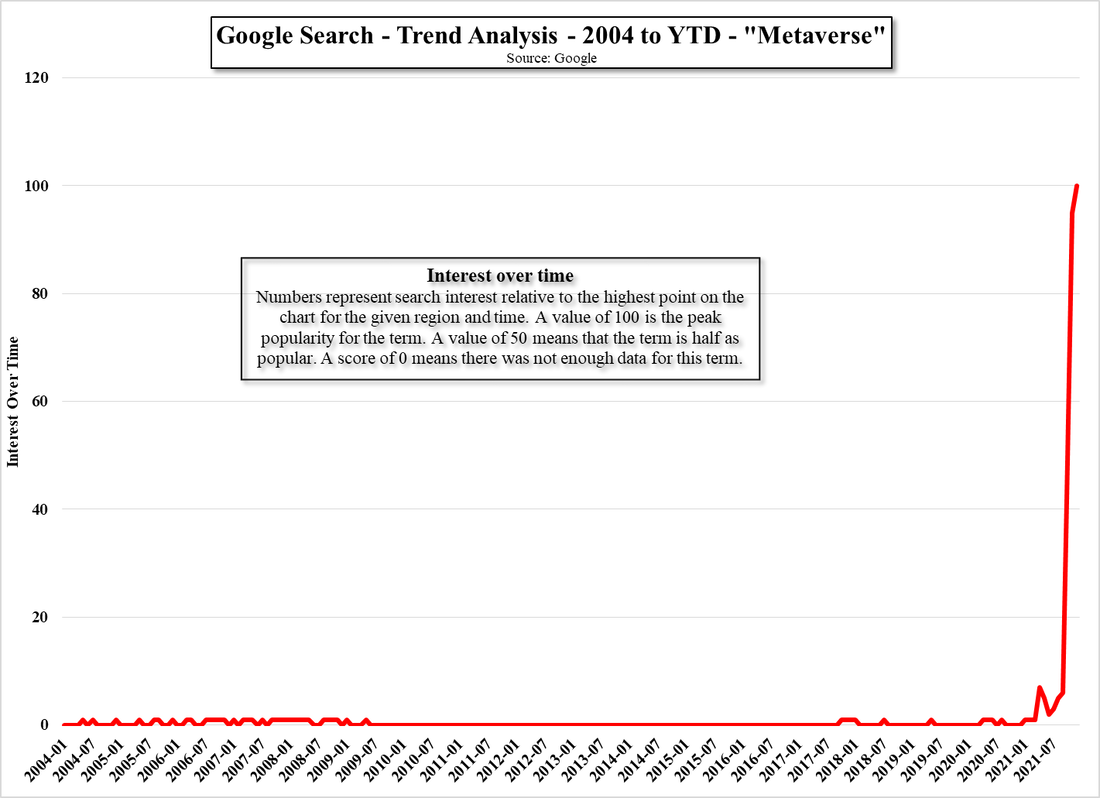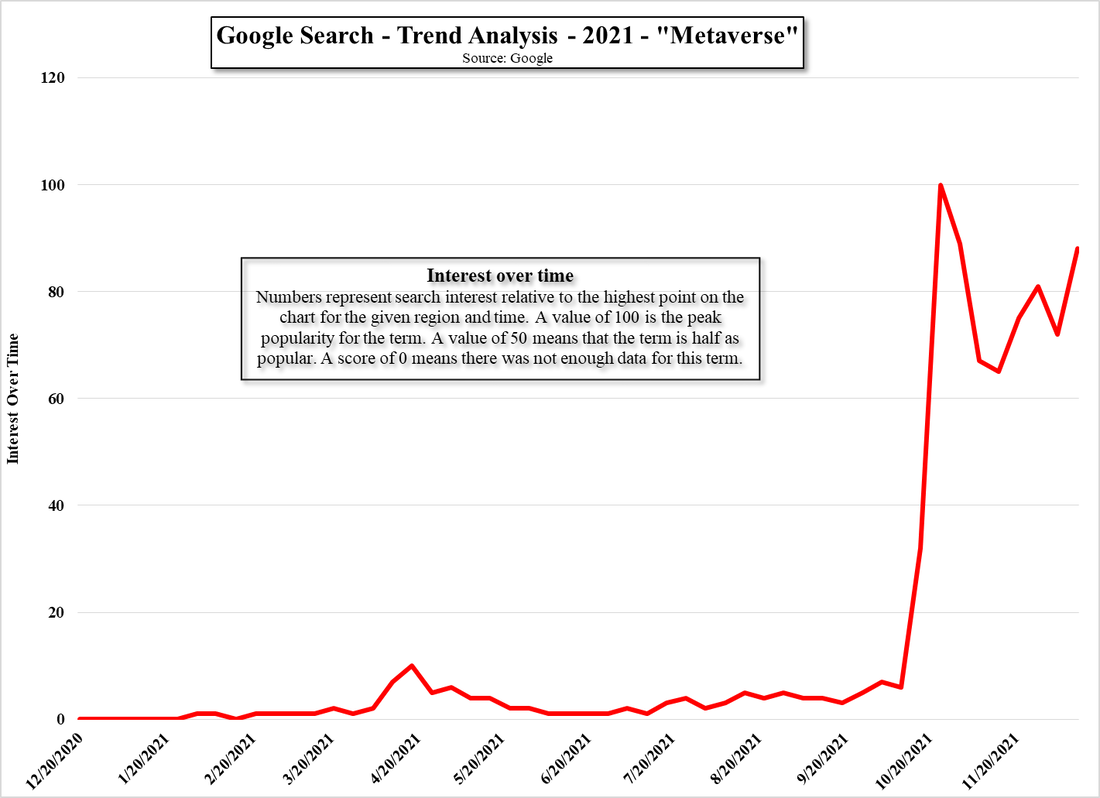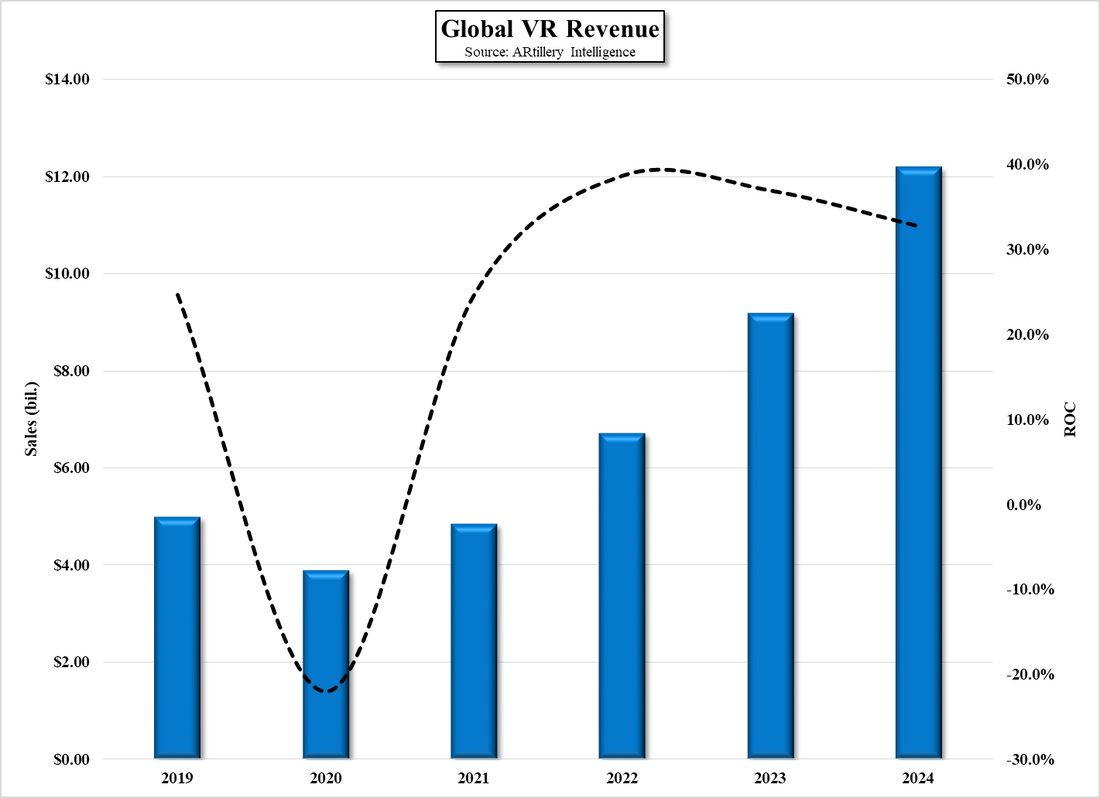NFTs in China – Yes & No
That said, the Chinese government, despite the warnings, has not banned NFTs or the Metaverse itself, leaving open the prospects for NFT based investing and Metaverse development open to the Chinese people and businesses, and as we have noted frequently, a rash of virtual real estate companies have been hawking plots of ‘land’ in virtual space, along with a collection of companies selling both virtual items and digital media using NFTs to guarantee exclusive ownership through block chain transactions. But nothing is stranger that the idea that on Christmas Eve the Xinhua News Agency itself will be issuing the country’s first ‘news digital collectibles’, a collection of over 100,000 selected ‘2021 commemorative news photos’ that will be given away for free, using NFTs, with the idea of promoting block chain rather than the speculation on the price of digital assets.
While the county has banned cryptocurrencies, stating that they are not legal and cannot be used as currency, NFTs are more of a means to an end for any kind of transaction (digital or physical), which puts them in a grey area. That lack of definition is giving Chinese companies the ability to issue what are called digital collectables, with NFTs keeping track of both transactions and ownership. Such collectables can range from e-mails or text from important or famous people to digital artwork or the aforementioned virtual real estate.
While the Chinese government seems a bit more in tune with the digital world (listen to the questions asked by US congressmen during the recent digital media hearings if you doubt this), there seems to still be a bit of a divide between rules that are to ‘protect Chinese consumers from potential fraud’, ending the use of bitcoin and mining, and the potential for revenue from the sale of digital assets that have a value based on a highly speculative and unregulated market. NFTs are block chain based as are cryptocurrencies, so it becomes difficult to tell the difference between why the government would ban bitcoin mining and not the sale of digital assets owned by an individual or corporate entity.
One could make the case that as bitcoin could be mined and therefore supply could be increased leading to the devaluation of the asset, the owner of a digital asset can also duplicate that asset electronically before it is sold, as long as the sales are made under the disclosure that there are X number of exact digital copies of the asset. While that might lower the value, just as multiple prints of artwork lower the value of each, mining bitcoin does the same. These are new and complex issues that in many countries will face endless legal challenges, while in China, the government will make those determinations, and so it seems that buying Chinese digital assets could eventually face the same fate as bitcoin, pulling 1.45b potential buyers out of the digital market. NFTs are a vehicle for digital transactions just as NFTs are, so its something to think about before buying Chinese digital assets.

















 RSS Feed
RSS Feed